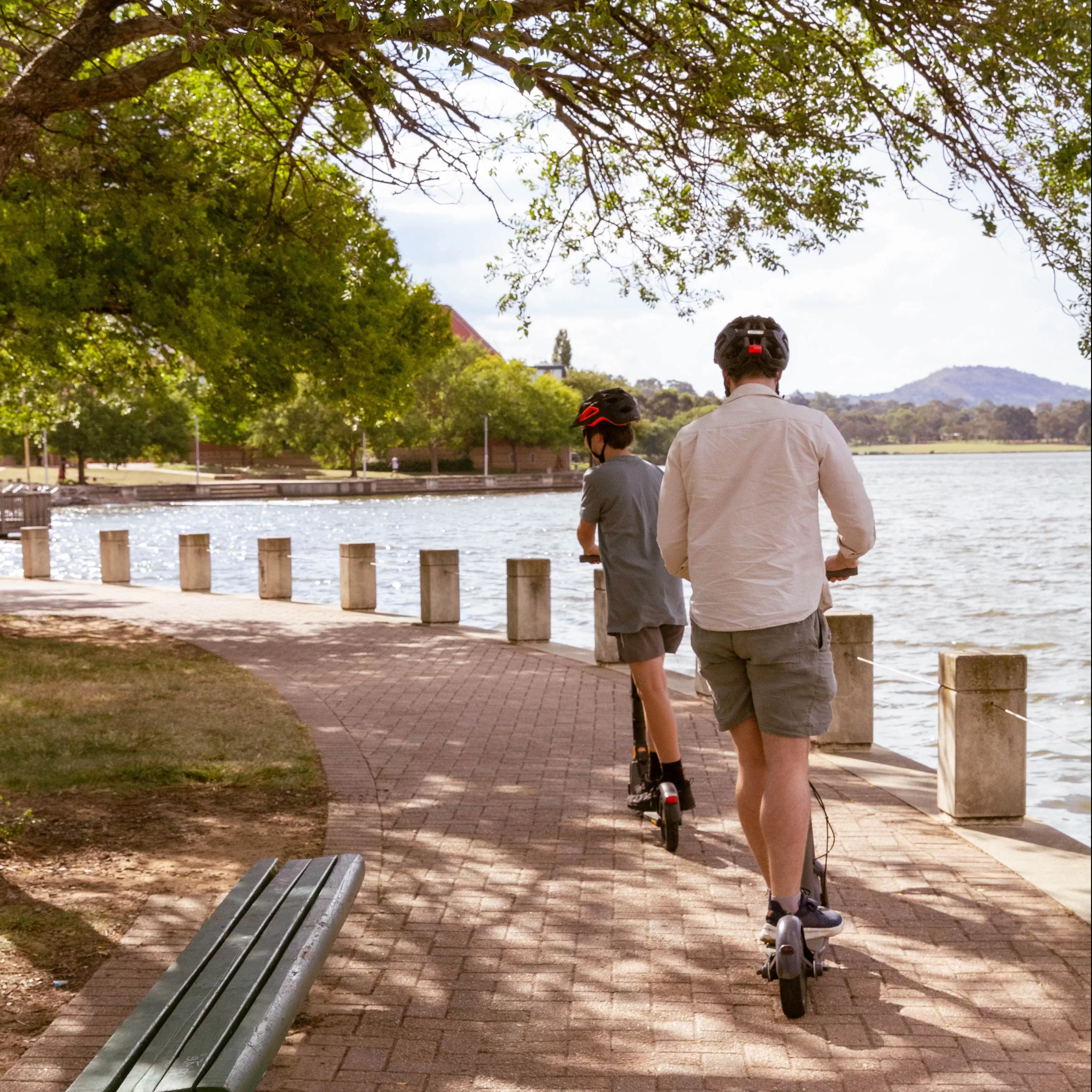
5 Ways Teens with Disabilities Can Stay Socially Active
As support workers for teens in Wollongong and Canberra, we understand how social activity can play a big role in the lives of teenagers, offering opportunities for growth, learning, and connection. For teens with disabilities, these engagements hold even greater significance, as they build inclusivity, self-confidence, and overall well-being. Whether you’re a parent, caregiver or […]
As support workers for teens in Wollongong and Canberra, we understand how social activity can play a big role in the lives of teenagers, offering opportunities for growth, learning, and connection.
For teens with disabilities, these engagements hold even greater significance, as they build inclusivity, self-confidence, and overall well-being.
Whether you’re a parent, caregiver or teen yourself this blog post will help you understand why social activities can have such a positive effect on the lives of adolescents with disabilities and outlines 5 strategies that can be used to stay socially active.
Why is Social Activity Important?
Social activity really is a game-changer.
It serves as a fundamental aspect of development for teens with disabilities, offering them a pathway to confidence, belonging, and emotional well-being.
Beyond recreation, social engagement is important to their growth and resilience. It’s in these interactions that they discover their strengths, navigate challenges, and build meaningful connections with peers and community members.
Social activity has also been linked to a variety of positive benefits both physically and emotionally such as:
- Enhancing resilience to stress, anxiety, and depression.
- Encouraging healthier habits such as balanced nutrition, regular physical activity, and weight management.
- Supporting better sleep quality and overall feelings of well-being.
- Decreasing the risk of chronic diseases and potentially life-threatening conditions.
Source: cdc.gov
By building social connections and participation, we not only empower teens but also contribute to a more inclusive society—one where everyone’s contributions are valued and celebrated.
5 Strategies for Staying Socially Active
Navigating social activities can be a transformative journey for teens with disabilities, offering avenues for growth, connection, and self-discovery. The best part? They don’t have to do it alone. All of the following five strategies can be supported by an NDIS support worker or caregiver such as those here at Wattle Blue.
Engage in activities like art or sports programs –
Participating in art or sports programs offers teens with disabilities opportunities to express themselves creatively, build physical skills, and connect with peers who share similar interests.
Whether it’s painting, playing wheelchair basketball, or joining a dance class, these activities provide a platform for social interaction and personal growth.
Join disability youth clubs or organisations –
Joining disability youth clubs or organisations provides teens with a sense of community and belonging.
In this supportive environment, teens feel empowered to share their stories, express their feelings, and seek guidance without fear of judgement.
Disability youth clubs and organisations also provide a platform for teens to participate in events and activities tailored to their interests and needs. Whether it’s adaptive sports competitions, art workshops, or advocacy campaigns, these activities offer teens opportunities to explore their passions, develop new skills, and make lasting memories with friends who understand and support them.
Attend events such as disability pride parades or Inclusive workshops –
Attending events like disability pride parades or inclusive workshops not only builds a sense of pride and empowerment but also allows teens to connect with a larger community of individuals with disabilities.
These events provide opportunities for networking, advocacy, and celebrating diversity, contributing to increased socialisation and awareness.
Utilise assistive technology for socialisation –
Harnessing assistive technology, such as social media platforms or virtual reality, can facilitate socialisation for teens with disabilities.
These tools offer avenues for communication, connection, and engagement with peers, regardless of physical barriers.
Whether it’s chatting with friends online or participating in virtual gatherings, assistive technology enhances social inclusion and accessibility.
Engage in peer support groups –
Joining peer support groups tailored to specific disabilities or shared experiences can be immensely beneficial for teens seeking understanding, guidance, and camaraderie.
These groups provide a safe space to share challenges, exchange advice, and offer mutual support, building meaningful connections and boosting overall well-being.
Overall, social activity isn’t just a pastime; it’s a lifeline for teens with disabilities. It’s where they find their confidence, build resilience, and meaningful connections.
From joining art or sports programs to attending disability pride events, each strategy offers unique opportunities for growth and inclusion. As NDIS support workers in Wollongong we have seen that teens who embrace these activities can experience empowerment and enrichment in their lives.
Looking for a support worker for teens in Wollongong? Then head to our services page now to see how we can help support you here at Wattle Blue. We have a range of NDIS support workers available who are passionate about supporting children and teens to thrive.



